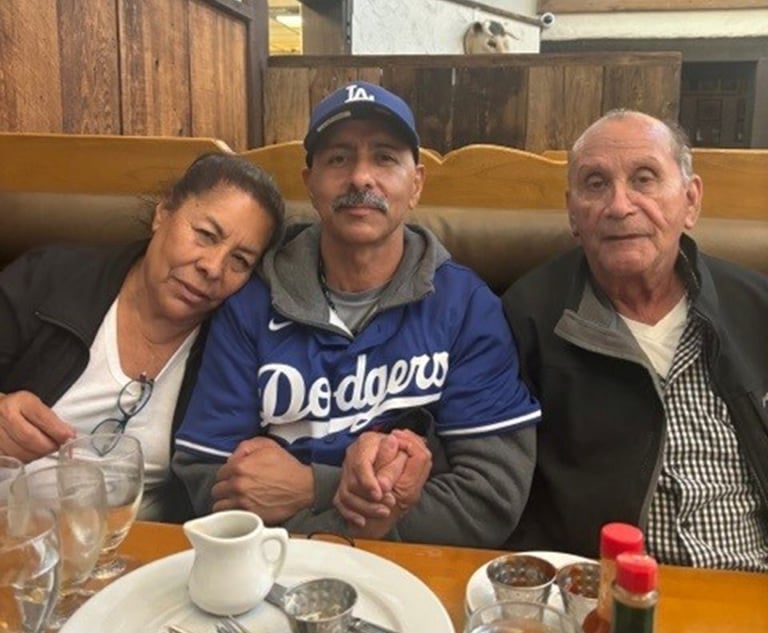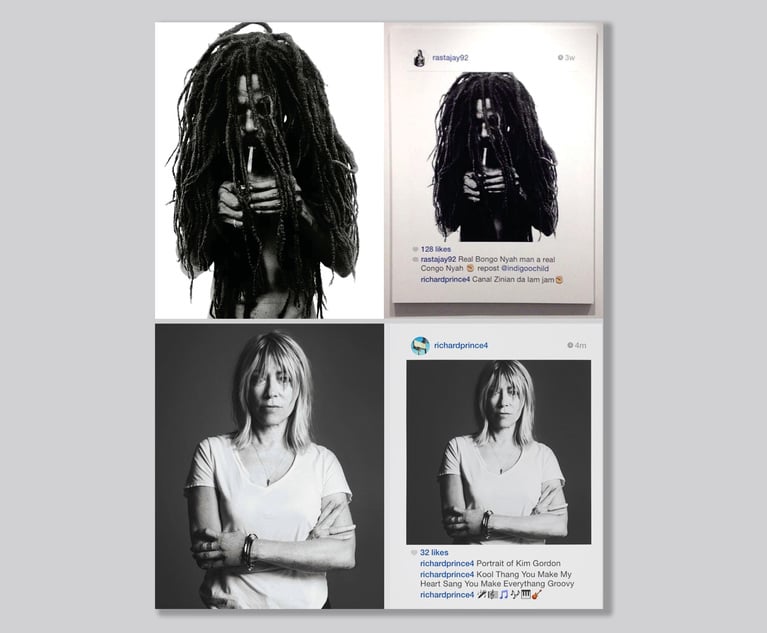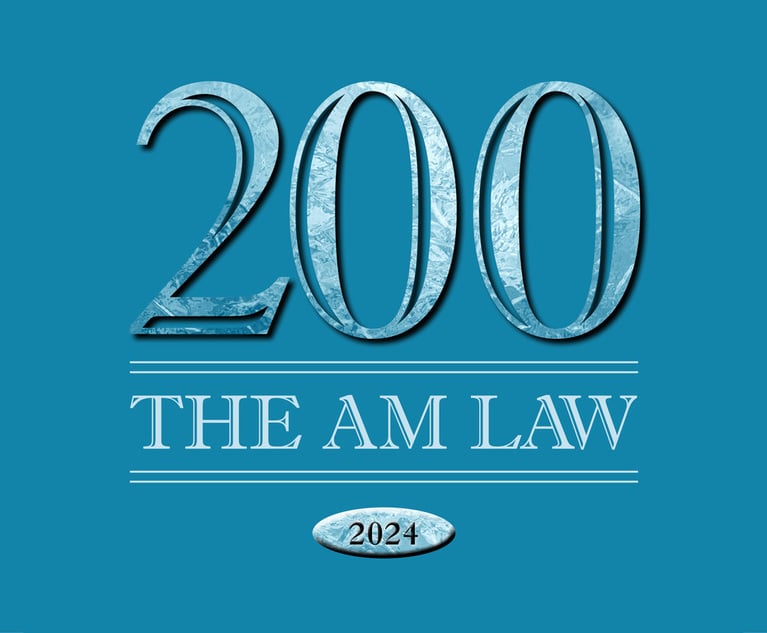 Hundreds of millions of photographs are posted online every day. As the U.S. Court of Appeals for the Fourth Circuit recently noted, “the Internet has made copying as easy as a few clicks of a button,” and users frequently copy photographs for business or social purposes. When doing so, users should be aware of the risk of liability for copyright infringement. The Fourth Circuit’s decision in Brammer v. Violent Hues sheds some light on when re-posting will be a “fair use” and when it will give rise to liability.
Hundreds of millions of photographs are posted online every day. As the U.S. Court of Appeals for the Fourth Circuit recently noted, “the Internet has made copying as easy as a few clicks of a button,” and users frequently copy photographs for business or social purposes. When doing so, users should be aware of the risk of liability for copyright infringement. The Fourth Circuit’s decision in Brammer v. Violent Hues sheds some light on when re-posting will be a “fair use” and when it will give rise to liability.
The creator of an expressive work—a photograph, video, movie, book, play, piece of music, or architectural design—owns the copyright to the work. The copyright holder has a number of exclusive rights, including the exclusive right to reproduce the work or create “derivatives” of the work. The holder may have a claim against anyone who copies or re-purposes the work without permission. If others want to use the work, the copyright holder may charge them a license fee.
This content has been archived. It is available through our partners, LexisNexis® and Bloomberg Law.
To view this content, please continue to their sites.
Not a Lexis Subscriber?
Subscribe Now
Not a Bloomberg Law Subscriber?
Subscribe Now
LexisNexis® and Bloomberg Law are third party online distributors of the broad collection of current and archived versions of ALM's legal news publications. LexisNexis® and Bloomberg Law customers are able to access and use ALM's content, including content from the National Law Journal, The American Lawyer, Legaltech News, The New York Law Journal, and Corporate Counsel, as well as other sources of legal information.
For questions call 1-877-256-2472 or contact us at [email protected]







